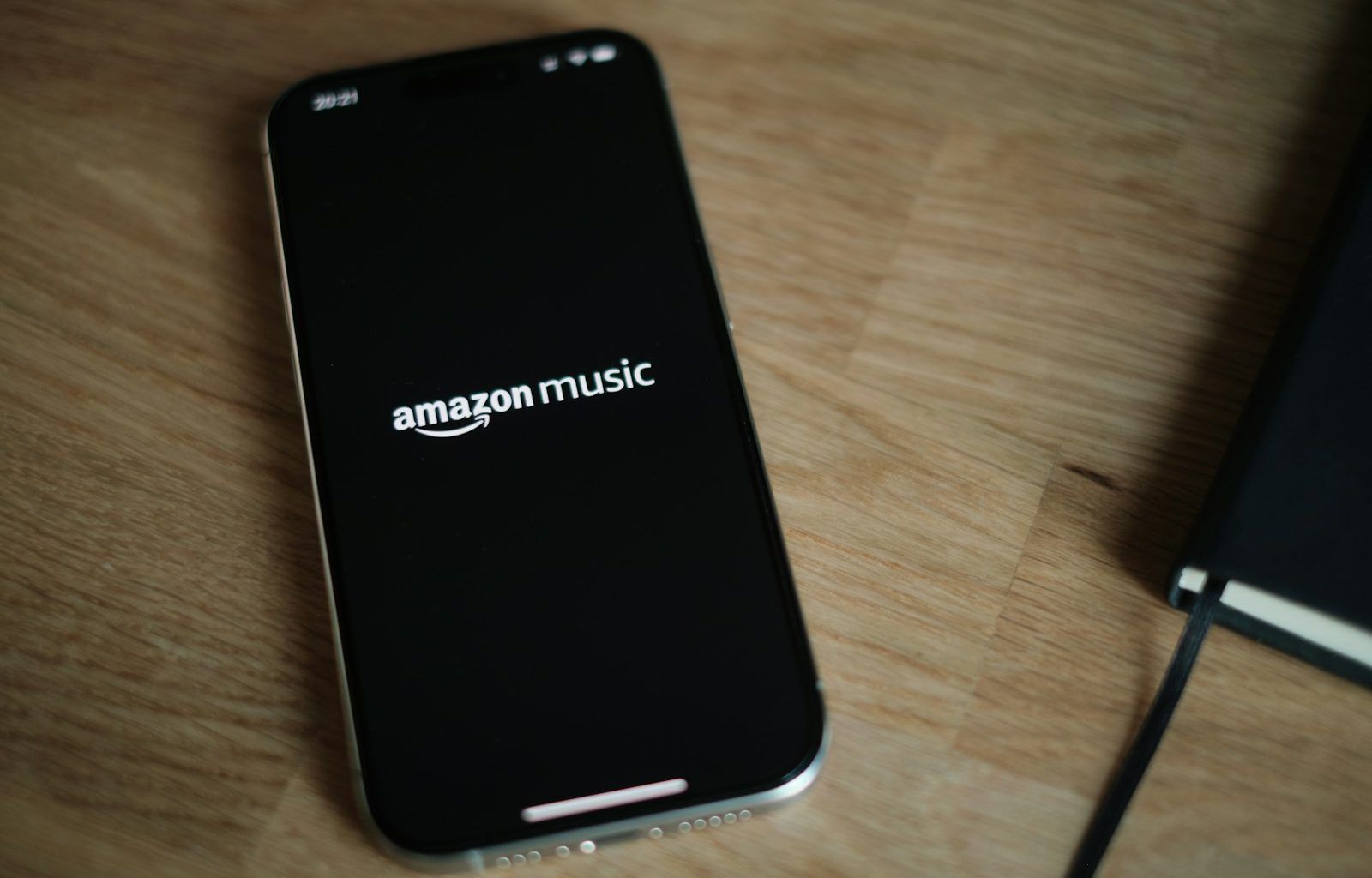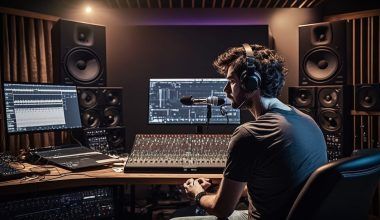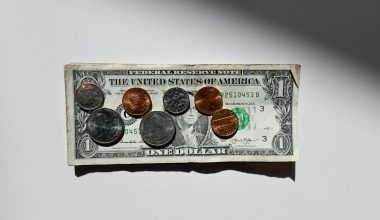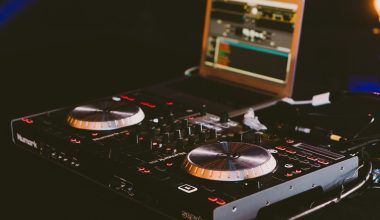If you’re an artist, producer, or someone dabbling in the music industry, you might have heard the term “ISRC.” It’s often tossed around when talking about music releases, streaming platforms, or royalties. But what exactly does it mean? Why is it important? And how does it work? Don’t worry, we’ll break it all down in simple terms.
Understanding ISRC: The Basics
First things first, ISRC stands for International Standard Recording Code. It’s like a digital fingerprint for your song. Each track you release gets its own unique ISRC, which helps identify it across the world. Think of it as a barcode for your music, making it easier to track when and where your song is played or purchased.
Whether you’re releasing music on Spotify, YouTube, or even radio stations, the ISRC ensures your song is recognized as yours. That’s pretty important, especially if you want to earn royalties and keep your rights protected.
Why Does ISRC Matter?
You might wonder, “Why can’t I just release my music without worrying about codes?” Well, technically, you can. But if you want to make money from your music and ensure it’s properly tracked, an ISRC is essential.
Here’s why:
- Royalty Tracking: Whenever your song is streamed, downloaded, or played on the radio, the ISRC makes sure those plays are recorded. This is crucial for collecting royalties.
- Global Recognition: The ISRC is recognized worldwide, which means your music is easily tracked and managed across different countries and platforms.
- Protection of Rights: It’s proof that the song belongs to you. If there’s ever a dispute over ownership, the ISRC can help back you up.
- Efficiency in Distribution: With an ISRC, digital platforms like Spotify or Apple Music can quickly identify your track, making the distribution process smoother.
How Does ISRC Work?
Let’s break it down step by step:
- Unique Code Assignment: Every ISRC is made up of 12 characters. These characters include the country code, a registrant code (usually assigned to you or your label), the year of recording, and a unique identifier for the specific track.For example, an ISRC might look like this: US-XYZ-23-00001.
- Embedding in Your Track: Once you get your ISRC, it’s embedded into your track’s metadata. This metadata travels with your song wherever it goes—whether it’s on a streaming platform, downloaded by a fan, or played on the radio.
- Tracking and Reporting: When your song is played, the ISRC is detected and logged. This ensures that you or your label gets the proper data and royalties.
Who Needs an ISRC?
An ISRC isn’t just for big-name artists or record labels. It’s for anyone who releases music, including:
- Independent musicians
- Producers
- Bands
- Podcasters using licensed music
Basically, if you’re creating and sharing audio content and want to track or monetize it, you need an ISRC.
How to Get an ISRC?
Getting an ISRC is easier than you think. Here’s how you can do it:
- Through a Distributor: Many music distributors, like DistroKid or TuneCore, assign ISRCs for your tracks automatically when you release your music through their platforms.
- Directly from an ISRC Agency: You can register with an official ISRC agency in your country. For instance, the Recording Industry Association of America (RIAA) is the go-to agency in the U.S.
- Through Your Record Label: If you’re signed with a label, they’ll usually handle ISRCs for you.
Common Misconceptions About ISRC
Let’s clear up some confusion:
- ISRC is Not a Copyright: It doesn’t protect your song from being copied or stolen. You still need to register your music with a copyright office for that.
- It’s Not a Replacement for a UPC: While both codes help identify your music, a UPC is used for the entire album or product, while an ISRC is specific to individual tracks.
- You Don’t Need a New ISRC for Remixes: If you remix or slightly edit your track, you don’t always need a new ISRC. However, significant changes or new versions might require a fresh code.
Benefits of Having an ISRC
By now, you might be wondering, “Is this code really worth it?” The short answer is yes. Here’s why:
- Better Royalty Management: Without an ISRC, it’s nearly impossible to track all the places your music is played. This means you could be leaving money on the table.
- Simplifies Licensing: If someone wants to license your song for a movie, ad, or video game, having an ISRC makes it easier to manage the process.
- Professionalism: Let’s face it, having an ISRC makes you look more serious about your music career. It shows you’re taking the steps to protect and promote your work.
- Long-Term Benefits: An ISRC sticks with your track forever. Even if you switch labels or distributors, the code stays the same, ensuring your song’s history remains intact.
The Future of ISRC in Music
As the music industry continues to evolve, ISRCs are becoming even more important. With the rise of digital platforms, music streaming, and global collaborations, having a standardized way to track and manage songs is essential.
In the future, ISRCs might also play a bigger role in areas like blockchain technology, where tracking ownership and royalties could become even more transparent.
Conclusion: Why You Should Care About ISRC
To sum it up, an ISRC is a small but mighty tool that can make a big difference in your music career. Whether you’re an independent artist or signed to a label, understanding what ISRC is and how it works is crucial.
It helps you track your music, get paid fairly, and ensures your songs are recognized as yours on a global scale. So, if you’re planning to release music, don’t overlook this essential step. Get your ISRC and let your music soar!
For further reading, explore these related articles:
- Billboard Boy Band Battle: Who Rules the Music World?
- Billboard Dreams: How Karan Aujla Took Punjabi Music Global
For additional resources on music marketing and distribution, visit DMT Records Pvt. Ltd..






